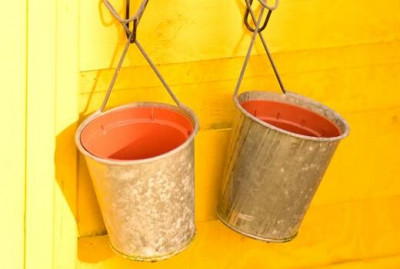
Q&A: What should I do with my inheritance?
- Posted by Palladium Wealth Partners
- On July 5, 2022
- 0 Comments
I have been left a sizable inheritance and I’m unsure what to do; add to my super, pay down my mortgage, or pass on the money to my kids.
This is a common dilemma that has no perfect answer. On the one hand, it’s crucial to make sure you have sufficient savings for retirement; on the other, the cost of servicing a mortgage is going up. Added to that, many parents want to also ensure their children have a fighting chance, for example, of buying a first home, or providing for their family in the future.
Of course, it may not need to be an all-or-nothing scenario. You can choose to use your inheritance in a number of different ways. The most appropriate way forward depends on your own personal circumstances, how far away you may be from retirement, and your future goals. Therefore, it may be worth considering your options, including:
How your retirement savings are tracking
If your projected income for retirement falls short of the retirement lifestyle you’d like, making a personal contribution into super could help to boost both your savings, and your retirement income. Over time, the effects of compounded returns can boost your savings even further.
There are tax incentives too. Earnings on super (in the accumulation phase) are taxed at a maximum of 15 per cent. You may also be eligible to claim a tax deduction for personal super contributions, and therefore, reduce your taxable income. Then, once you reach age 60, withdrawal of super as a lump sum or income stream is generally tax-free (unless, for example, you withdraw from an untaxed super fund).
Before contributing to your super, make sure you are aware of the contribution caps (limits) on non-concessional and concessional contributions. Exceeding these caps can result in paying more tax.
Your existing level of debt
If one of your goals, for example, is to begin retirement debt free, you might consider directing some of your inheritance towards the repayment of your home loan. Reducing your home loan balance can save interest and help to build up equity. Before doing this, you will need to check with your home loan provider if you can make additional repayments without penalty.
It may also be worth considering any other debts you have with a higher interest rate, such as personal credit cards or loans. Paying off these debts first could be beneficial.
Whether you may need to access to your money
Depending how far out you are from retirement, you may want to ensure you have access to all—or some of—the money you have inherited. In which case, locking every cent away into super may not be sensible. Some mortgages have an offset account or a redraw facility that allows you to reduce the amount of interest on your loan, and access your money if and when you need to.
If you’re confident you won’t need to access your money until you retire, you could consider putting some inheritance into super to make the most of the tax benefits, and paying down your mortgage with a lump sum when you are able to access your super. It all depends on your current circumstances and goals for the future.
Impact on Age Pension eligibility
As long as your home is your principal place of residence, it won’t be counted by Centrelink as an asset. Your super, on the other hand, is counted as an asset in the assets test, and also in the income test under the deeming rules once you reach Age Pension age. If you choose to add a lump sum into super, it is important to consider how it may impact your overall eligibility for the Age Pension, or if eligible, the amount you can expect to receive.
Your family circumstances
Often big financial decisions come with non-financial implications, such as the impact on family harmony. Do your children have an expectation that some of the inheritance will be passed on to them? Have they already received their own inheritance from their grandparents? If you have more than one child, will helping out one child now mean that you will also need to help the other out later? Keeping things fair is often key to harmonious family dynamics.
If you are considering passing on some of the money to your children to help them enter the property market, consider reading our article, Proceed with caution Bank of Mum and Dad.
At the end of the day, what you do with your inheritance is your decision, and one that you need to be happy with now, and in the future. Be sure to consider your personal circumstances, goals, and objectives when weighing up your options.


